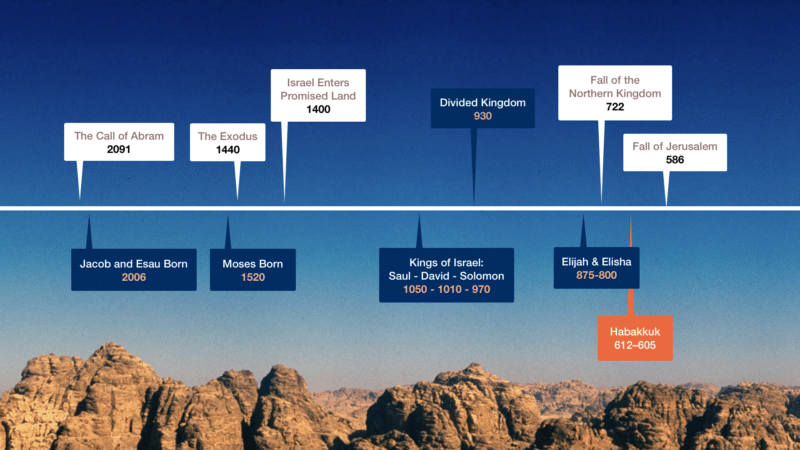August 4, 2024
Habakkuk 3
Worshiping and Witnessing
Habakkuk 3 opens with Habakkuk saying that he has heard the report of the Lord. What is the report you have heard of the Lord? What is the story you have been told about God and where does it come from? Why does this matter? What if the true story of the Lord found in His word could transform us from wondering if God cares to fully worshiping Him and rejoicing in Him, even in suffering? Join Associate Pastor Tom as we conclude our study of Habakkuk.


